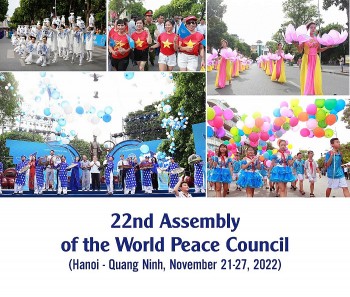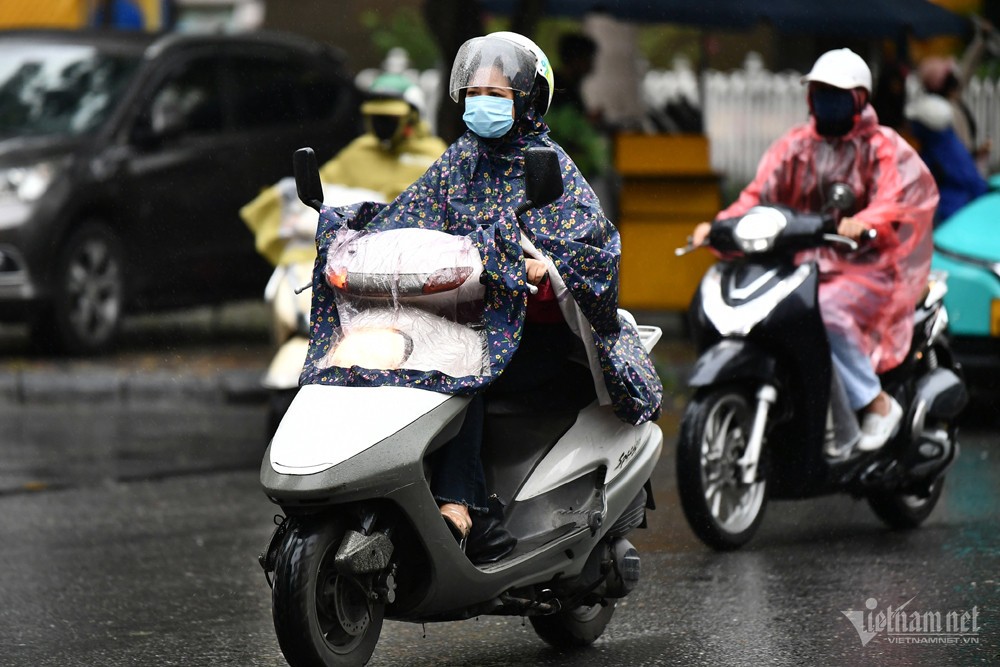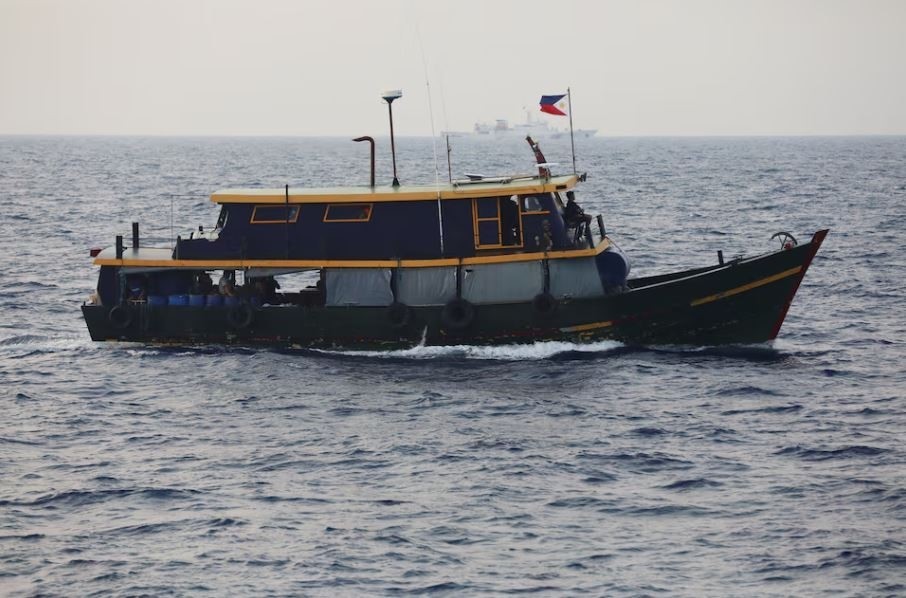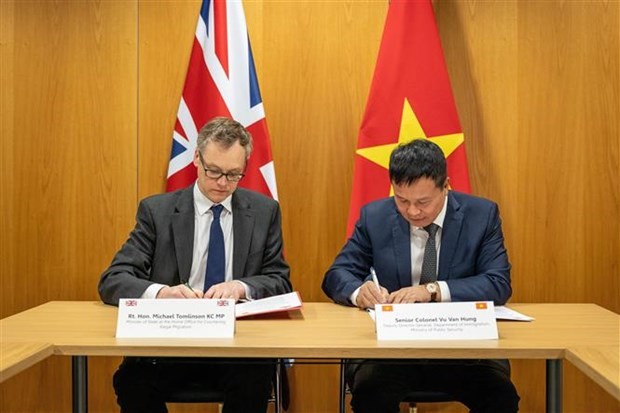Minister admits problems in waste treatment, delayed projects
Minister of Natural Resources and Environment Tran Hong Ha continued to answer questions raised by National Assembly (NA) deputies on June 5th morning, focusing on waste treatment and management of land in delayed projects.
 |
Minister of Natural Resources and Environment Tran Hong Ha fields questions raised by lawmakers on June 5th. (Photo: VNA)
Regarding his ministry’s role in waste treatment management, he said the Ministry of Natural Resources and Environment (MoNRE) is responsible for giving advice to serve the issuance of strategies and plans, building technical standards, and conducting inspection and examination. While the Ministry of Construction has the responsibility of managing infrastructure and approving the design of waste treatment factories, the Ministry of Science and Technology is in charge of treatment technology.
The MoNRE alone is unable to manage the whole waste treatment issue, but it needs coordination, and some problems must be assigned to local authorities to deal with, he said.
Meanwhile, many modern waste treatment technologies imported from other countries have failed to meet relevant requirements in Vietnam. Some Vietnamese technologies are being piloted, and none of them have satisfied operation, technical and environmental standards.
This problem has been reported to the Prime Minister, and the three ministries will work closely together to have suitable technologies as soon as possible, he noted.
He admitted the fact that many waste treatment plants were invested with big funding but failed to be operated, leading to wastefulness of social resources.
At the question & answer session, part of the ongoing fifth session of the 14th-tenure parliament, deputy Duong Minh Anh of Hanoi pointed out to the prolonged delay or poor implementation of many projects on the land seized from local residents, which has become a public concern. Additionally, the land of some projects has been encroached, making it hard for local authorities in managing land and settling prolonged disputes.
Minister Ha said delayed projects had appeared before the 2013 Land Law took effect, attributing the problem to investors’ poor capacity and a lack of penalties for violations. Although the law clearly stipulated penalties and mechanisms to bind investors, delayed projects haven’t been addressed thoroughly because of overlapping legal regulations.
According to the 2013 Land Law, projects that are 24 months behind schedule will be revoked. However, the Law on Investment regulates projects will be cancelled if they are 12 months behind schedule.
It is necessary to solve this gap between the two laws, he added.
On the other hand, the Land Law allows projects to be revoked but doesn’t request investors to make compensation, which is also a problem. In fact, the land of many projects was mortgaged to seek bank loans, so there will be problems when revoking these suspended projects.
Relevant regulations should be amended so that banks could auction the mortgaged land to recover assets for the State, Ha said./.
VNF/VNA
Most read
Recommended
 Seas and islands
Seas and islands
Soc Trang Province Resolved to Fight IUU Fishing
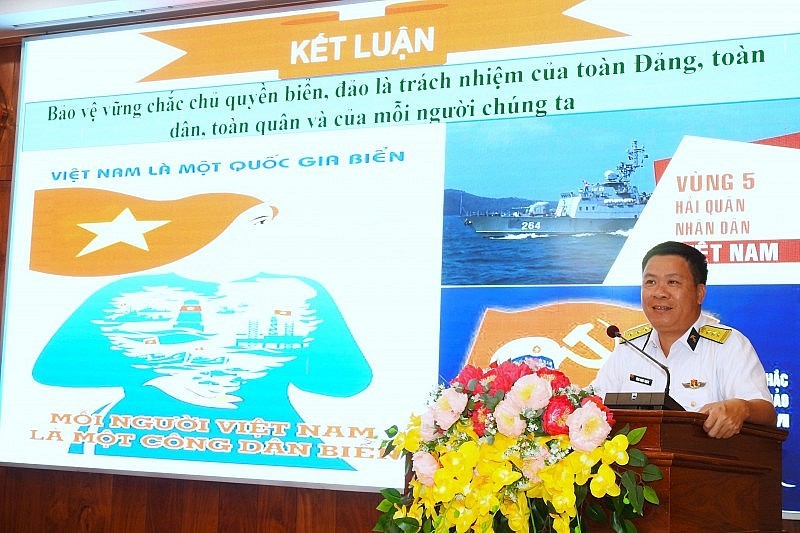 Seas and islands
Seas and islands
Naval Region 5: Bringing Sea and Island Information to over 6,000 people in Kien Giang
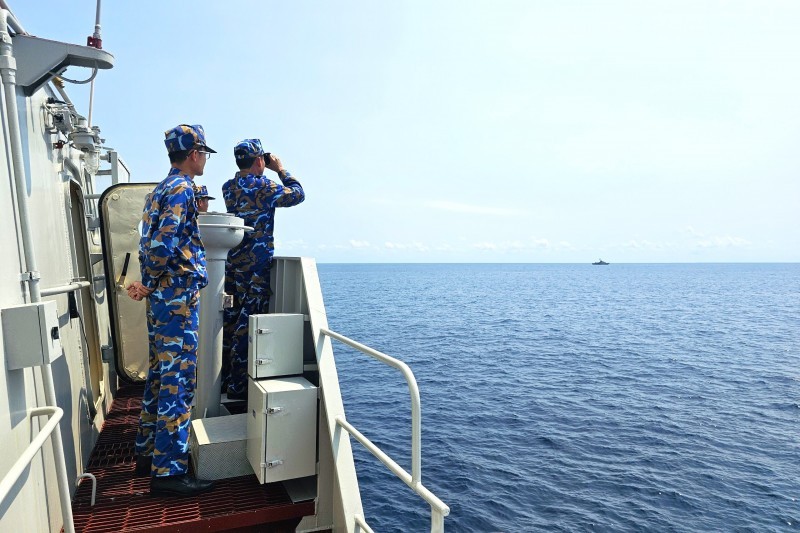 Seas and islands
Seas and islands
Vietnam - Thailand Navy Hold 49th Joint Patrol
 Seas and islands
Seas and islands
Vietnamese Students Raise Fund for Residents, Soldiers at Hoang Sa, Truong Sa
Popular article
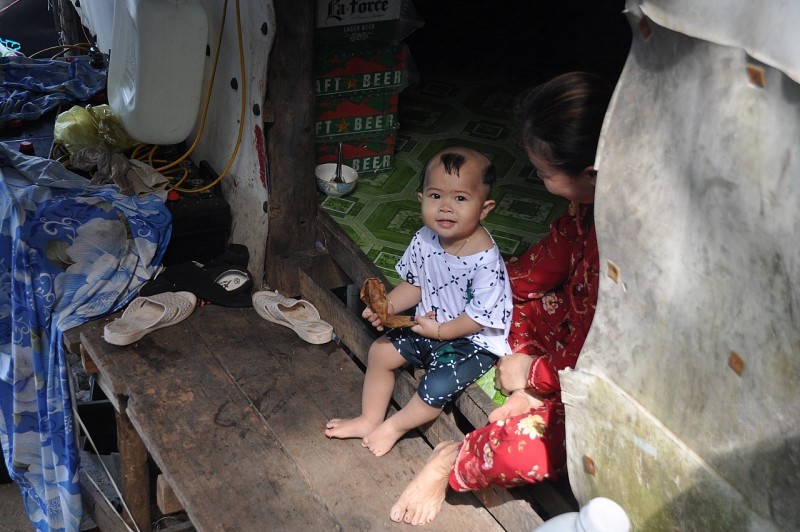 Seas and islands
Seas and islands
Naval Region 5: Bring Drinking Water to Residents of Remote Islands
 Seas and islands
Seas and islands
12th Ocean Dialogue: Enduring Maritime Connectivity in a Fragmenting World
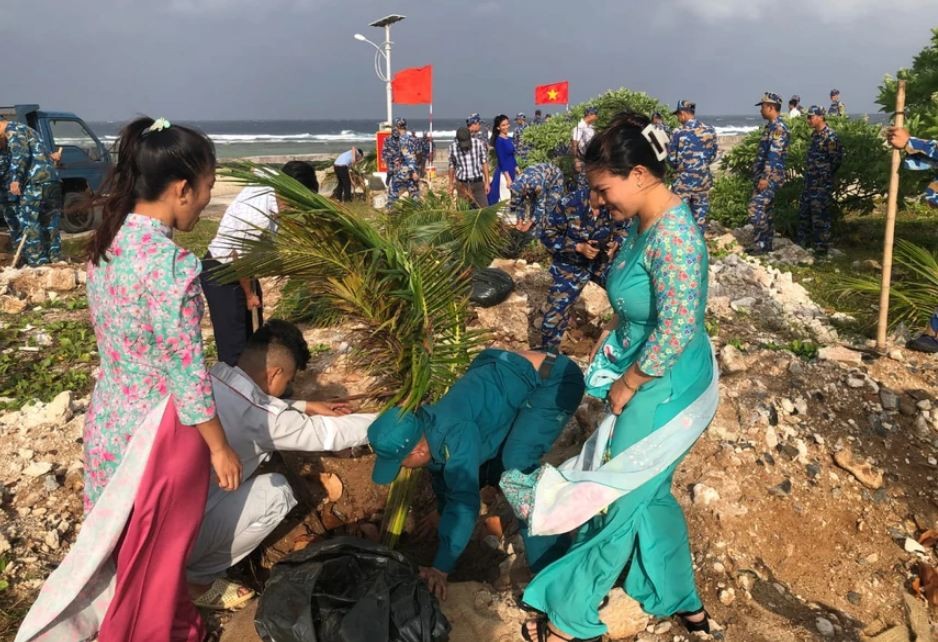 Seas and islands
Seas and islands
Tree Planting Festival Kicks Off in Truong Sa Islands
 Seas and islands
Seas and islands



